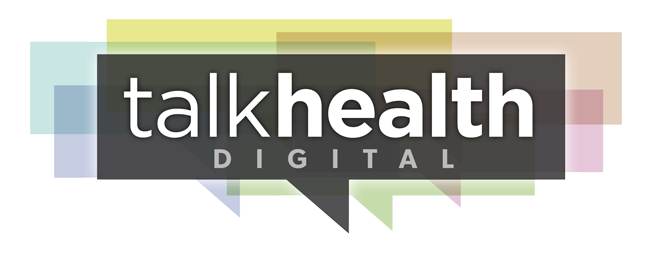Breaking the bad news with talkhealth’s support programmes
The words ‘we need to talk’ spark the fear of God into everyone – whether they come from a partner, a boss or a doctor.
Serious medical conversations tend to centre around an often devastating diagnosis.
Throw into the mix the fact that they’re often loaded with complicated jargon and the all-to-quick ‘next steps’, and it’s no surprise that patients remember those chats forever.
HCPs tend to focus on medical information – not emotion
A new study by Northwestern University Feinberg School of Medicine (published in the journal Academic Medicine has been looking at how GPs can have difficult conversations in the most compassionate way.
Students were paired with trained actors to practice how to communicate news without jargon, how to listen to patients’ concerns and how to properly react to an array of different emotional responses.
The problem, the study found, was that medical students tend to get too bogged down on the medical information rather than focusing on the emotional impact of the news on the patient.
The study focused on medical students telling an actor that their recent headaches were caused by a brain tumour – during which they were videotaped.
After receiving feedback, each student was given another chance to practice skills. If on the second go, they were seen to have mastered the social skills, they were allowed to leave the study – but if they failed, they had to repeat and repeat again until they passed.
How do HCPs deliver bad news while offering real support?
While there’s no time or money to force HCPs into this kind of training in the real world, it is important to ensure that they’re able to have these conversations in the most sensitive and supportive way.
If you want to educate GPs on the conditions, drugs or equipment that you look after, then talkhealth’s support programmes are a practical solution.
We not only offer user-friendly, expert advice for patients, but we also have a huge community of patients looking to connect with people in similar situations.
It’s in the interest of every part of the industry that GPs are able to offer a human response.
HCPs are short on time and emotion – if they lent themselves emotionally to every patient who came in, the rates of burn out would be even higher than they currently are.
It’s far better for them to be able to empathise while providing a safe space in which patients can reach out to each other for support, and receive professional guidance from specialists.
Patients deserve better, HCPs need greater support, and healthcare companies want to provide better education. Our support programmes tick all three boxes.
Find out more about talkhealth‘s array of support programmes




